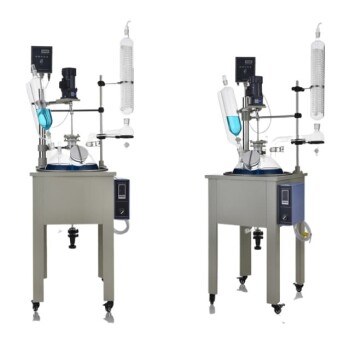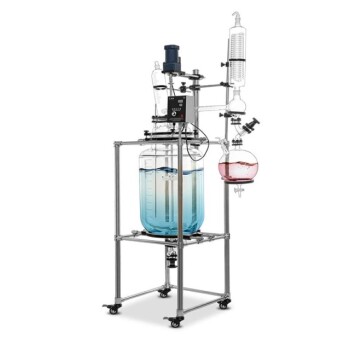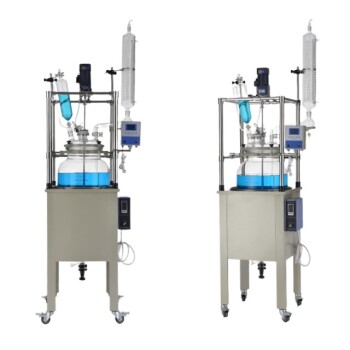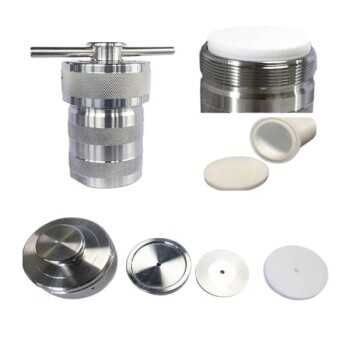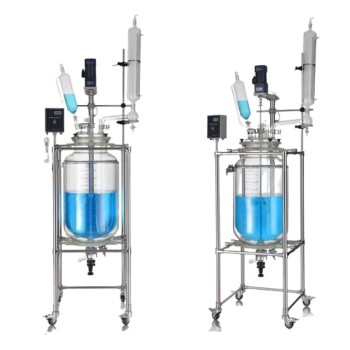Rotary evaporators, commonly used in laboratories for solvent removal, can indeed pose safety risks, including the potential for explosions. These risks primarily arise from the use of flawed glassware, the concentration of unstable impurities, or the handling of volatile compounds. Understanding these hazards and implementing proper safety measures is crucial to prevent accidents. Key factors include ensuring the integrity of glassware, avoiding the concentration of unstable compounds, and using appropriate heating and venting techniques. Additionally, mechanical entanglement risks must be mitigated. By adhering to safety protocols, the risk of explosions and other hazards can be significantly reduced.
Key Points Explained:
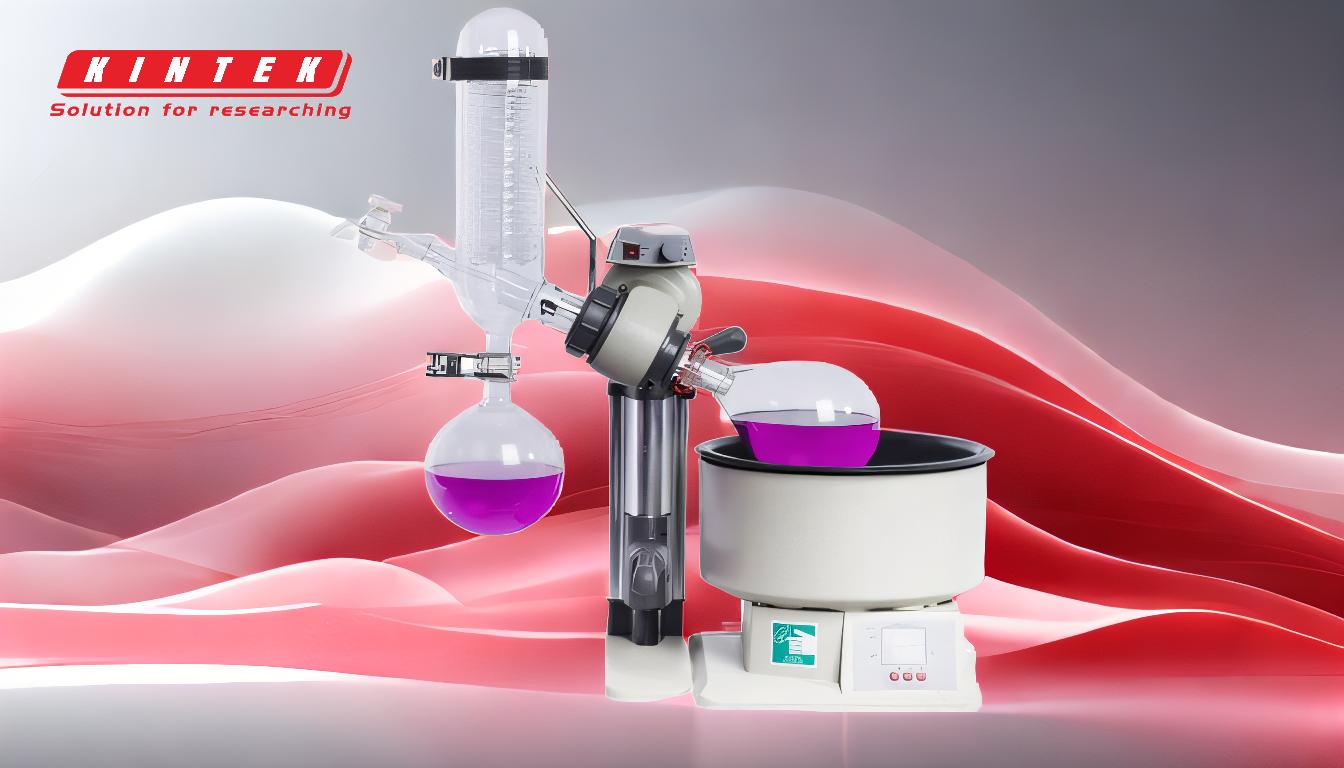
-
Explosion Risks from Unstable Compounds
- Rotary evaporators can explode if unstable compounds or impurities are concentrated during the evaporation process. Examples include:
- Organic azides, acetylides, and nitro-containing compounds: These compounds are highly sensitive and can detonate under certain conditions.
- Molecules with strain energy: These can release energy suddenly, leading to explosions.
- Prevention: Avoid concentrating such compounds or impurities. Ensure the solvent being evaporated does not contain unstable byproducts.
- Rotary evaporators can explode if unstable compounds or impurities are concentrated during the evaporation process. Examples include:
-
Implosions Due to Flawed Glassware
- Flawed glassware, such as those with star-cracks, can implode under vacuum pressure, leading to potential explosions if the implosion causes a sudden release of energy.
- Prevention: Inspect glassware before use and avoid using damaged or flawed components. Replace any glassware showing signs of wear or damage.
-
Heating Medium and Solvent Compatibility
- The choice of heating medium and solvent can influence the risk of explosions:
- Silicone oil as a heating medium: Ensure its ignition point is at least 25°C higher than the maximum temperature of the heating pot.
- Flammable or explosive solvents: Use explosion-proof glass components and ensure proper ventilation.
- Prevention: Select appropriate heating media and solvents, and monitor temperature and pressure closely.
- The choice of heating medium and solvent can influence the risk of explosions:
-
Automatic Venting and Secondary Condensing
- Rapid manual venting at the end of distillation can cause pressure changes, potentially leading to explosions.
- Prevention: Use automatic venting systems to control pressure release. Employ secondary condensing devices to maximize solvent recovery and maintain a safe laboratory environment.
-
Mechanical Entanglement Hazards
- Rotating parts of the rotary evaporator can entangle loose clothing, hair, or necklaces, leading to injuries or burns.
- Prevention: Secure loose items, tie back long hair, and avoid wearing loose clothing or jewelry when operating the equipment.
-
General Safety Precautions
- Empty solvent collection flasks: Prevent mixing incompatible chemicals by ensuring flasks are empty before use.
- Use bump traps: Prevent contamination and splashing by using bump traps and securing them with clips.
- Monitor water bath temperature: Ensure the temperature does not exceed the boiling point of the solvent being evaporated.
- Proper ventilation: Maintain adequate ventilation to prevent the buildup of flammable vapors.
By addressing these key points and following recommended safety protocols, the risk of explosions and other hazards associated with rotary evaporators can be effectively minimized.
Summary Table:
| Risk Factor | Prevention Measures |
|---|---|
| Unstable Compounds | Avoid concentrating unstable compounds; ensure solvents are free of unstable byproducts. |
| Flawed Glassware | Inspect glassware for damage; replace flawed or worn components. |
| Heating Medium & Solvents | Use compatible heating media and solvents; monitor temperature and pressure. |
| Automatic Venting | Use automatic venting systems; employ secondary condensing devices. |
| Mechanical Entanglement | Secure loose items; avoid loose clothing or jewelry. |
| General Safety Precautions | Empty solvent flasks; use bump traps; monitor water bath temperature; ensure ventilation. |
Ensure your lab's safety with expert guidance—contact us today for more tips on rotary evaporator safety!








